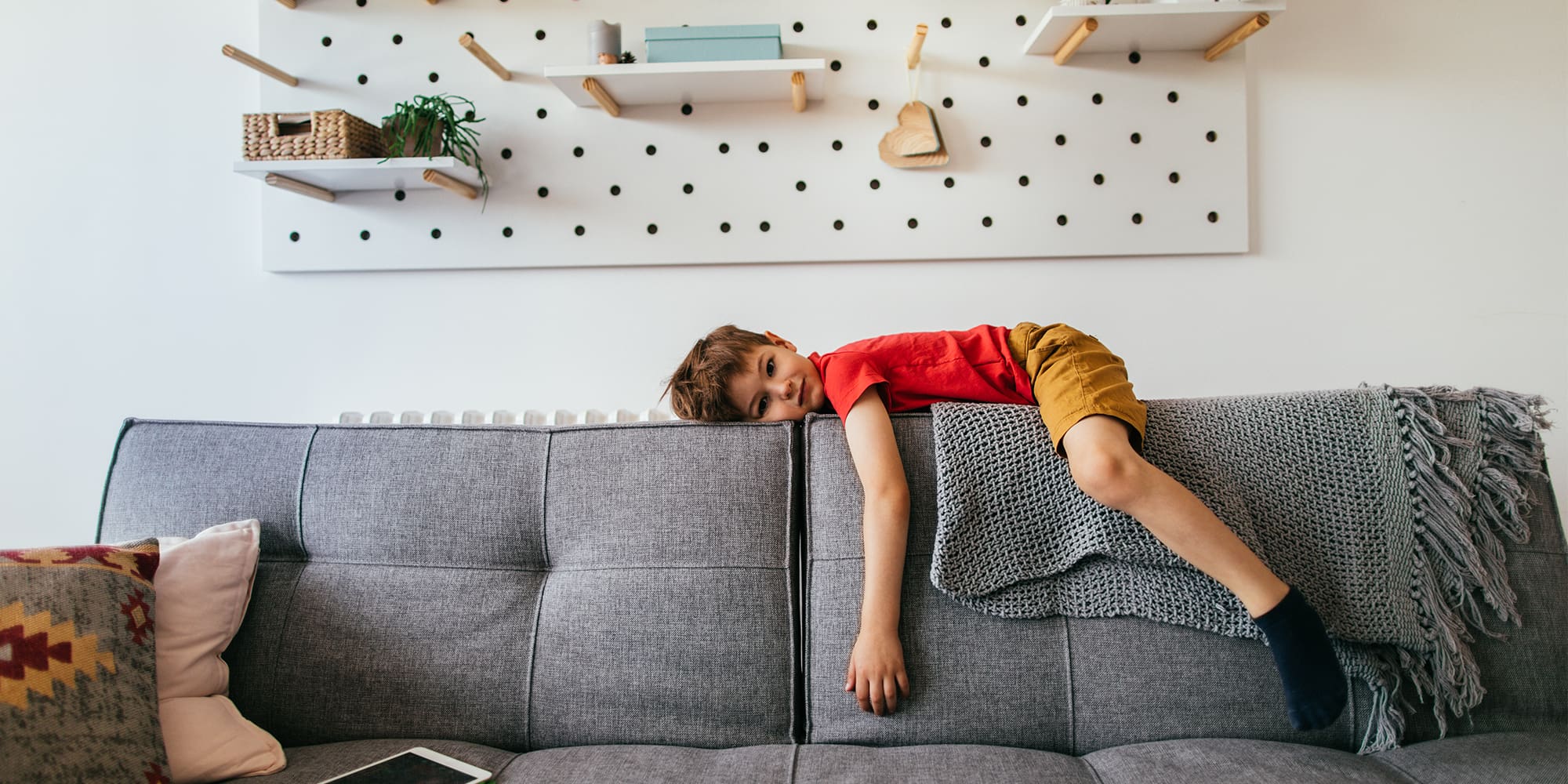10 unique ways to be (somewhat) productive during continued lockdowns
From counting penguins to contributing to the largest supercomputing projects, here are some ways to break up the monotony during the pandemic.

As many of us enter the second year of COVID-19 restrictions and have started to feel the strain of pandemic fatigue, people are making a deliberate effort to find new ways of keeping busy during their time indoors.
Everyone has different ways of coping with the stress of these surreal times. But if you’re looking for a distraction or small daily motivators, here are some ways to break up the monotony of a temporarily home-bound life.
Window gaze around the world
With large parts of the world stuck inside for the better part of a year, people have begun live streaming the view out of their window for strangers to visit and get a virtual change of scenery. Visit a Ukrainian city square, Brazilian cityscape surrounded by mountains or a sunny garden in Mexico with the click of a button; no sign-up required. Anyone can offer up a stream of their view to the world as well.
Spot penguin feces by satellite in the name of science
Channel your passion for wildlife (or your boredom) into an unusual “citizen science” project. Scientists are looking for help from the public to map out penguin colonies identified by their feces and their activity using both time-lapse camera photos of their frequented regions and satellite imagery. You will be asked to individually mark adult penguins, chicks and eggs in the images by clicking on the centre of each one’s visible area.
All data contributed by their 10,000+ volunteers helps scientists to better understand penguin population changes, survival rates and timing of breeding — plus, you’ll have the most interesting update on your next Zoom call.
Finally build healthier habits
Gyms are closed and your living room has now become your office. Why not also turn it into a workout studio? Mounting research shows there’s a strong link between exercise and mental health improvement — something especially needed during this precarious time. Pick your preferred fitness routine through a free app like Nike Training Club that lets you choose bodyweight-only options and features celebrity athletes like Serena Williams as hosts.
Health benefits provider League offers comprehensive programs to help you fall into a new routine. Programs cover a range of habit-building topics from sugar reduction to improved sleep cycles and financial literacy. Or, if a weeks-long program sounds like too much commitment right now, you can try a free class being hosted by local fitness studios and gyms.
Take advantage of free Ivy League courses
You can now get a free Ivy League education with all of the prestige and none of the student debt. Top-tier American schools like Harvard, Yale and Columbia are offering free educational content in some of their most popular learning areas, such as Introduction to Negotiation and Entrepreneurship in Emerging Economies as well as Virology 101 (timely and useful).
If you’re looking for something a little less high-brow but still want to take up a new topic, Wealthsimple offers an Investing Master Class that will outline the basics of finance in a “jargon-free” setting.
Host a get-together with friends online
Staying at home doesn’t mean you need to be isolated from your social circle. Synaptop is an online platform that gives you the means to host a range of get-togethers with friends and family: sync up to watch movies together in real-time, have a games night, read books and listen to music collectively through the free online program.
Once you’ve picked a movie, you can pause, rewind and fast-forward together in unison while also chatting through video or text for reactions.
Actively take care of your mental health
It’s especially important to stay attuned to your mental health during a time of drastic change and stress. Maintaining existing habits as much as possible can be helpful, but with many therapist practices closed, virtual counselling and assessments are an at-home option for support.
Inkblot is an online therapy platform that offers 24/7 chat and video services, with specialized counsellors at lower rates than traditional options that can often be covered by benefits packages.
Reduce stress with curated music and sounds
The constant news cycle can be overwhelming right now, so it’s important to carve out time to manage stress levels through non-traditional methods. Vibe creates outcome-based personalized playlists and “psychoacoustics,” which are mixed to reach specific goals such as focus or relaxation. As you listen, the sounds dynamically adjust in real-time as the app observes how you’re responding to the music.
Seamlessly build choreography
Maybe you’ve been inspired by Netlifx’s recent hit series Cheer or you’re a lifelong dancer. Either way, you can benefit from Stagekeep, an app used by big names like the Toronto Raptors that can help to visualize, sync with music and share your formations and choreography for a unified process. The app can also help to detect collisions between dancers and organize your performers for a polished final performance.
Don’t let your career goals fall by the wayside
Mentorship is a proven tool to improve retention, increase diversity and boost productivity, but tapping into your network may be challenging in this era of social distancing. That’s why mentorship app Together is looking to set up companies with in-house programs and keep employees engaged during a time of separation.
For the entrepreneurial crowd, you can also finally take the step towards kicking off your business by incorporating through Founded. They offer automated agreements, compliance advisory and a full suite of legal documents to get you started.
Lend your unused computer power to fight diseases
Washington University School of Medicine is running one of the largest crowdsourced supercomputing projects in history, and you can put your untapped computer power to good use. Their Folding@home project, now turning its efforts to find COVID-19 solutions, harnesses computing power of over one million devices to develop coronavirus remedies through protein research. Simulations have also gone toward finding cures for diseases like cancer, ALS and Parkinson’s.
 Veronica Sheppard
Veronica Sheppard